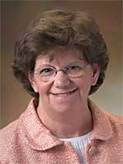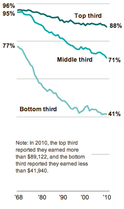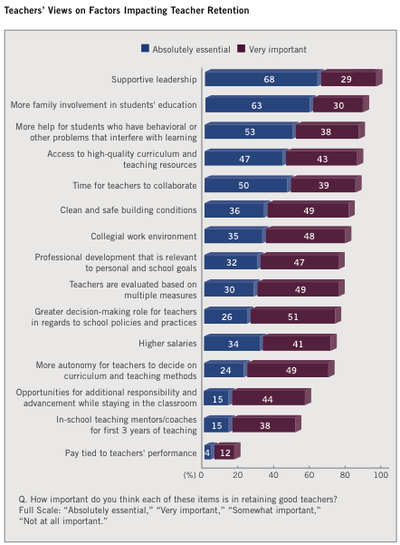
As a Clinical Geneticist (and now Professor), my mother, Dr. Adele Schneider, has been giving lectures for many years. I remember sitting in her room chatting with her while she prepared lecture slides (back then they were the non-computer type) for the next day. During those conversations I would learn of her curiosities, investments in her own education, and plan to prepare others. After finishing these slides she would often take a "break" for a bit of cereal while reading a medical journal (often from the American College of Medical Genetics).
My point in bringing this up is that what happened in my home has influenced me not only to take my own education seriously, but to dive into it with a passion unmatched by many people across the country. I read numerous blogs, journals, and publications about education and use new research to improve my skills in the classroom. I attend lectures, classes, and workshops (like the one mentioned in my previous post) so that I am ready to put my best face forward. A lot of that came from my parents (yes, my Dad reads journals, too) modeling that for me as I was growing up.
Yesterday, Marc Vetri (head chef of Vetri, Osteria and more restaurants) wrote an article in the Huffington Post arguing the need to change how meals are provided at schools across the country. He referenced the "family dinner" as a low-key way of improving self-esteem of children so that they can achieve their potential. As a benefactor of this nightly ritual I can definitely get on board with it.
The message I am writing is clear (and I have written it before): what happens when a child leaves school is critical for their development. If their parents are not home for a nightly check-in, they will not be as willing to share with others. If parents or guardians are not around to model positively, they won't mimic those behaviors. Home influence can help make or break the education system and we need to talk about how to help parents and guardians or we are doomed to repeat mistakes generation after generation.







 RSS Feed
RSS Feed
